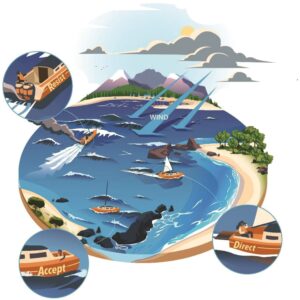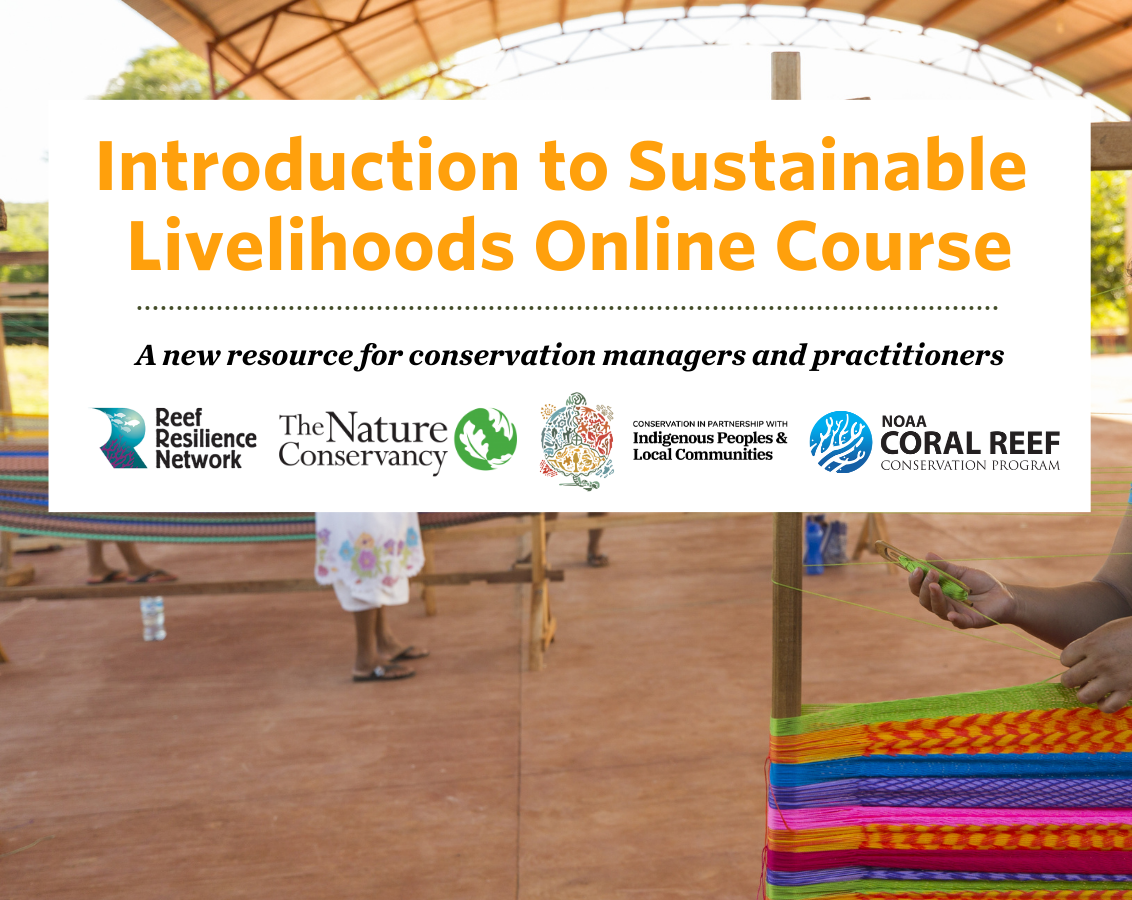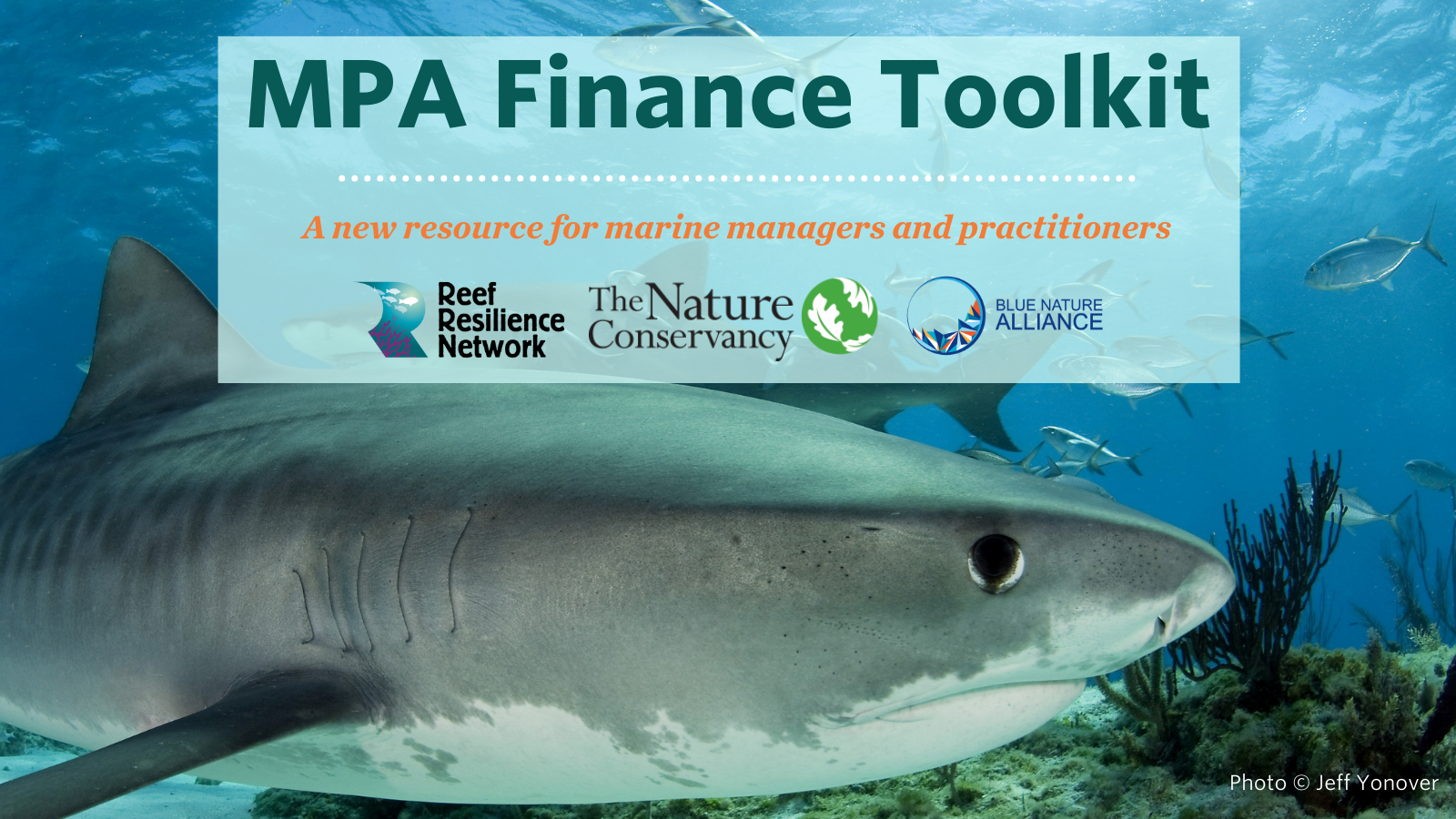Historically, natural resource management has focused on preserving or restoring ecosystems to previous baseline conditions. However, intensifying anthropogenic impacts combined with climate change means that it is often no longer possible to restore ecosystems to a “historical normal.” In light of these challenges, managers must reconsider the objectives of their management actions and adopt new paradigms that align with the current and future ecological realities.
The Resist–Accept–Direct (RAD) framework is a novel resource management paradigm that comprises three distinct response options for addressing ecological change:
-
- Resist: The Resist option actively opposes changes in the ecosystem that are deemed undesirable or harmful. Resource managers adopting this approach work to maintain or restore the ecosystem based on historical conditions or acceptable current states.
- Accept: The Accept option acknowledges that certain changes in the ecosystem are inevitable or beneficial. In this case, resource managers allow the ecosystem to evolve autonomously, without direct intervention.
- Direct: The Direct option takes proactive steps to guide ecological change toward preferred new conditions that align more closely with emerging climatic conditions.
Each strategy varies in intervention intensity, with Resist and Direct requiring substantial effort and Accept necessitating less intervention. Additionally, these strategies diverge in their historical alignment, as Resist aims to closely adhere to past conditions, while Accept and Direct may deviate from historical norms. Managers can select the most suitable strategy based on their goals, stakeholder values, and available resources. Moreover, managers have the flexibility to implement RAD strategies either sequentially or simultaneously across distinct geographic areas.

Resist–accept–direct options for a sailboat at sea. Resist, use motor; accept, allow the boat to move with the winds; direct, use the winds via sail and rudder to steer the boat to a specific new preferred destination among available options. Source: Figure by Elias Miller and Matt Holly.
Authors: Schuurman, G.W., D.N. Cole, A.E. Cravens, S. Covington, S.D. Crausbay, C.H. Hoffman, D.J. Lawrence, D.R. Magness, J.M. Morton, E.A. Nelson, and R. O’Malley
Year: 2022
BioScience 72:16–29. doi: 10.1093/biosci/biab067


